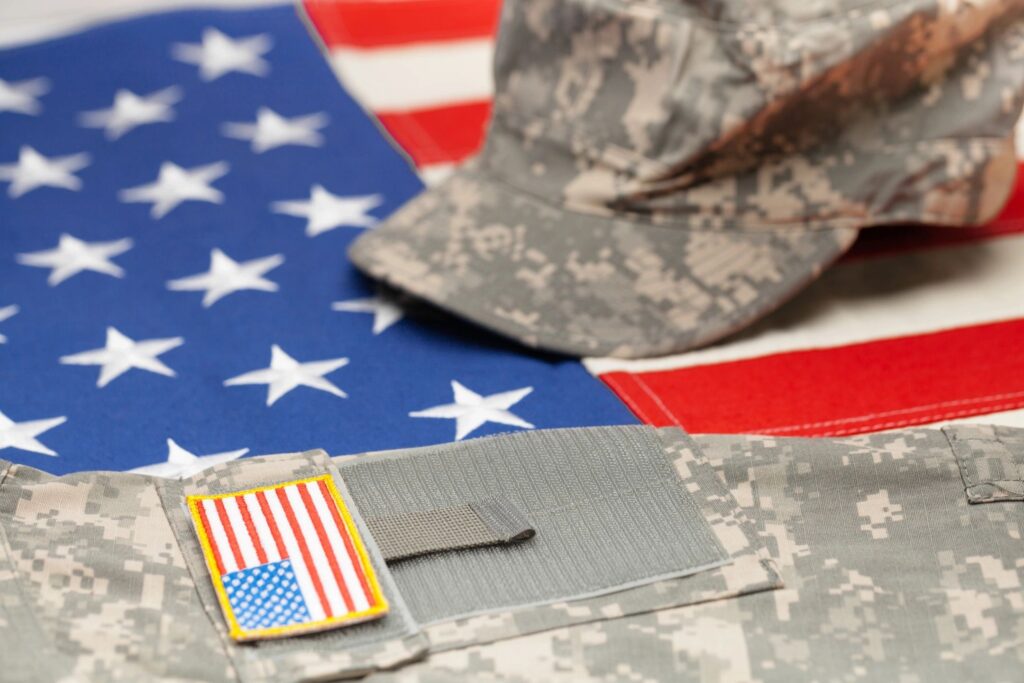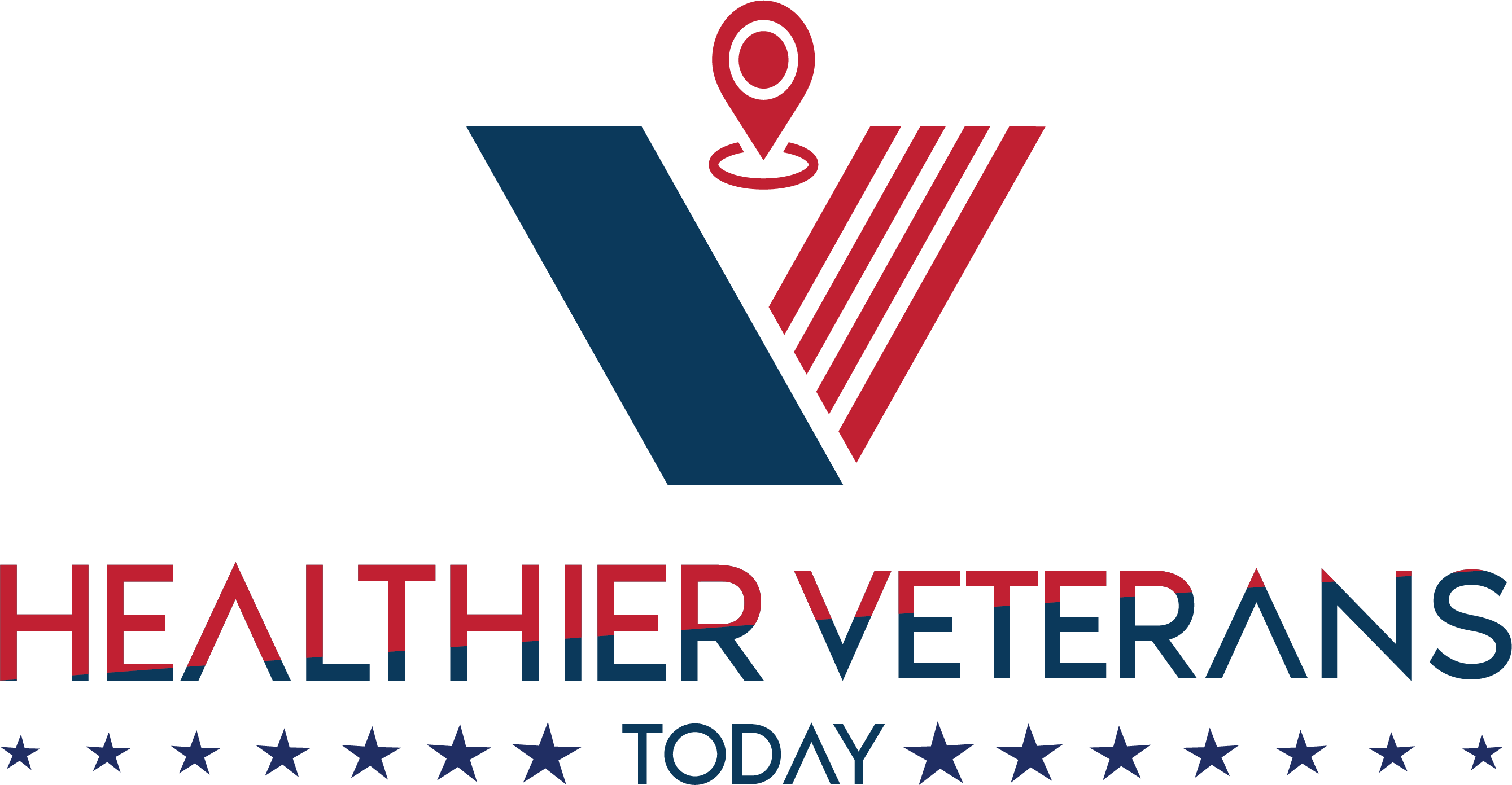Veteran healthcare benefits, with Healthier Veterans Today! Anyone who served in the armed forces, navy, or air force and who was released or retired under circumstances other than dishonorable may be eligible for V.A. medical benefits. Suppose a federal order summons a reservist or member of the National Guard to active duty (other than for training purposes solely), and they serve the whole duration of that call or order. In that case, they may also be eligible for V.A. health care benefits. Veterans who joined the military after September 7, 1980, or were called to active duty after October 16, 1981, must have completed 24 consecutive months of service, or the entire time they were summoned to active duty, to be eligible. Veterans discharged for hardship, early retirement, or a handicap acquired or worsened in the line of duty may not be subject to this minimum duty requirement.
There is a widespread misperception that one benefit of enlisting in the military is lifetime access to free health care. Even though the military offers top-notch health benefits, they are not always free, and not all veterans have access to health insurance. Through TRICARE, the Department of Defense’s health insurance program, current uniformed service members and their families can access free or low-cost health care benefits. TRICARE also covers military retirees, their families, and certain other people, but the majority of these beneficiaries must pay for their care. The VA may supervise other separated personnel (i.e., non-retired veterans), although there are recurring charges.
Who’s Eligible for Veteran Healthcare Benefits?

Veteran healthcare benefits – Healthcare for yourself and your family was probably a given while you were in the service. Whether you served for a short period or until retirement, you still have healthcare alternatives even though you are no longer in the military.
You would be a veteran if you were discharged “under conditions other than dishonorable” after serving for any period in the active military. A retired military veteran is someone who made a career out of serving in the military for at least 20 years, served in the National Guard or Reserve, or received an honorable discharge for a physical disability. However, depending on other variables, a veteran’s status can signify many different benefits. When it comes to medical care, this is especially true. No matter how long you served in the military, if you were discharged with an “other than dishonorable” discharge, you might be qualified for Veteran healthcare benefits assistance from the U.S. Department of Veterans Affairs (V.A.). If you meet the requirements for Veteran healthcare benefits, your eligibility, your income, any service-connected disabilities you may have, and any costs you incur will all affect your coverage and costs.
Application for Veteran Healthcare Benefits

Answering questions on the Veteran healthcare benefits Explorer is the first step in assessing your eligibility in applying for V.A. benefits. This online tool has 15 questions and provides a broad assessment of your eligibility. You can apply for help online and get a formal determination from the Veterans Administration after utilizing the V.A. Health Benefits Explorer to get an idea of your eligibility. The VA urges you to apply online using the 10-10EZ form even if you are initially ineligible for Veteran healthcare benefits services. Suppose you enrolled after September 7, 1980, or went into active service after October 16, 1981. In that case, you must’ve served at least 24 consecutive months, or the entirety of the time you were on active duty, to be eligible for V.A. benefits unless one of the following scenarios applies to you:
- You were let go due to a handicap brought on by—or made worse by—your time spent on active duty.
- Because of hardship or “early out,” you were let go.
- Before September 7, 1980, you served.
Only those who were handicapped due to a disease or injury sustained in the line of duty or while training, or who were summoned to active duty by a federal order and served the entirety of that order are eligible for Veteran healthcare benefits, whether they are current or past Reserve or National Guard members. Weekend and annual training do not count as being on active duty. If you were discharged for misconduct, bad behavior, or another reason that disqualifies you from obtaining V.A. benefits, you have two alternatives to try to be eligible:
- Initiate a discharge upgrade request.
- Review the Character of Discharge.
What is a Priority Group?

During the application process, physicians will sort you into one of eight priority categories, assuming you are otherwise qualified for V.A. healthcare. Your priority group will affect your eligibility for Veteran healthcare benefits, their timeliness for approval, and any copayments you may have to make for medical care. Based on the following criteria, you will be assigned to a priority group:
- Your record of military service
- Your level of impairment
- Your level of income
- Your eligibility for Medicaid
- Other advantages you could get (such as V.A. pension benefits)
The VA will assign you to the highest priority group if you meet the requirements for more than one.
Primary Priority
If the following aspects apply to you, V.A. might put you in priority group 1:
- You have a 50% service-connected impairment (or more).
- You cannot work due to a handicap sustained during service.
- Awarded the Medal of Honor is you (M.O.H.).
Priority Group 2
A service-connected impairment classified as 30% or 40% debilitating is the basis for priority group 2 assignment.
Priority Group 3
If any of the following aspects apply to you, you may belong
in priority group 3:
- You were formerly a prisoner of war (P.O.W.).
- The Purple Heart medal was awarded to you.
- You were let go due to a handicap due to your active-duty service or worsened.
- You are 10% or 20% disabled due to a service-connected disability.
- Title 38, U.S.C. 1151, “benefits for those disabled by treatment or vocational rehabilitation,” grants you unique eligibility categorization.
Priority Group 4

If either of the following aspects applies to you, you might belong in priority group 4:
- You are getting housebound or V.A. attendance benefits.
- The VA has determined that you are catastrophically handicapped.
Priority Group 5
If any of the following conditions apply to you, you may be placed in priority group 5:
- You fall under the V.A. income restrictions, and neither have a service-connected disability nor do you have one that is non-compensable. The V.A. has been assessed as 0% debilitating (based on zip code).
- You are receiving benefits from the V.A. pension.
- You are a Medicaid candidate.
Priority Group 6
If the b applies to you, priority group 6 may be your designation:
- You have a service-connected disability that is compensable and determined to be 0% debilitating.
- During air testing or the occupation of Hiroshima and Nagasaki, you were exposed to ionizing radiation.
- You took part in Project SHAD 112.
- Between the dates of January 9, 1962, and May 7, 1975, you served in Vietnam.
- You participated in the Persian Gulf War between August 2, 1990, and November 11, 1998.
- August 1, 1953, and December 31, 1987, you performed at least 30 days of active service at Camp Lejeune.
Priority Group 7
If both of the following apply, V.A. might put you in priority group 7:
- The geographically adjusted income limits (GMT) for the area in which you live are not met by your gross household income.
- You acknowledge paying copays.
Priority Group 8
If both of the following apply, you might fall under priority group 8:
- Your gross household income exceeds the regionally adjusted and V.A. income ceilings for your area of residence.
- You acknowledge paying copays.
- Your eligibility for Veteran healthcare benefits will depend on your sub-priority group if assigned to priority group 8. There are six superiority categories based on your income and whether you have a service-connected condition when you sign up for Veteran healthcare benefits coverage.
Benefits for Veterans – Veteran Healthcare Benefits

Your medical condition and priority group will impact the specific veteran healthcare benefits you are eligible for as a veteran. You will typically get the following:
- Treatment of illnesses and injuries
- prevention of potential health issues
- Your functional ability will get better.
A better quality of life for you
The majority of treatment and services are covered for every veteran. However, not everyone will be eligible for supplemental benefits like dental care. These three elements will determine the specific care you receive:
- Your priority group.
- The recommendation of your V.A. primary care physician.
- Every condition you may have will receive standard medical care.
The Benefit of the Doubt: Veteran Healthcare Benefits
Veteran healthcare benefits – In most cases, enrolling is required for veterans to obtain V.A. health treatment. Veterans who enroll are guaranteed access to comprehensive health care services when needed. Veterans are assigned to priority categories according to the V.A.’s enrollment system.





